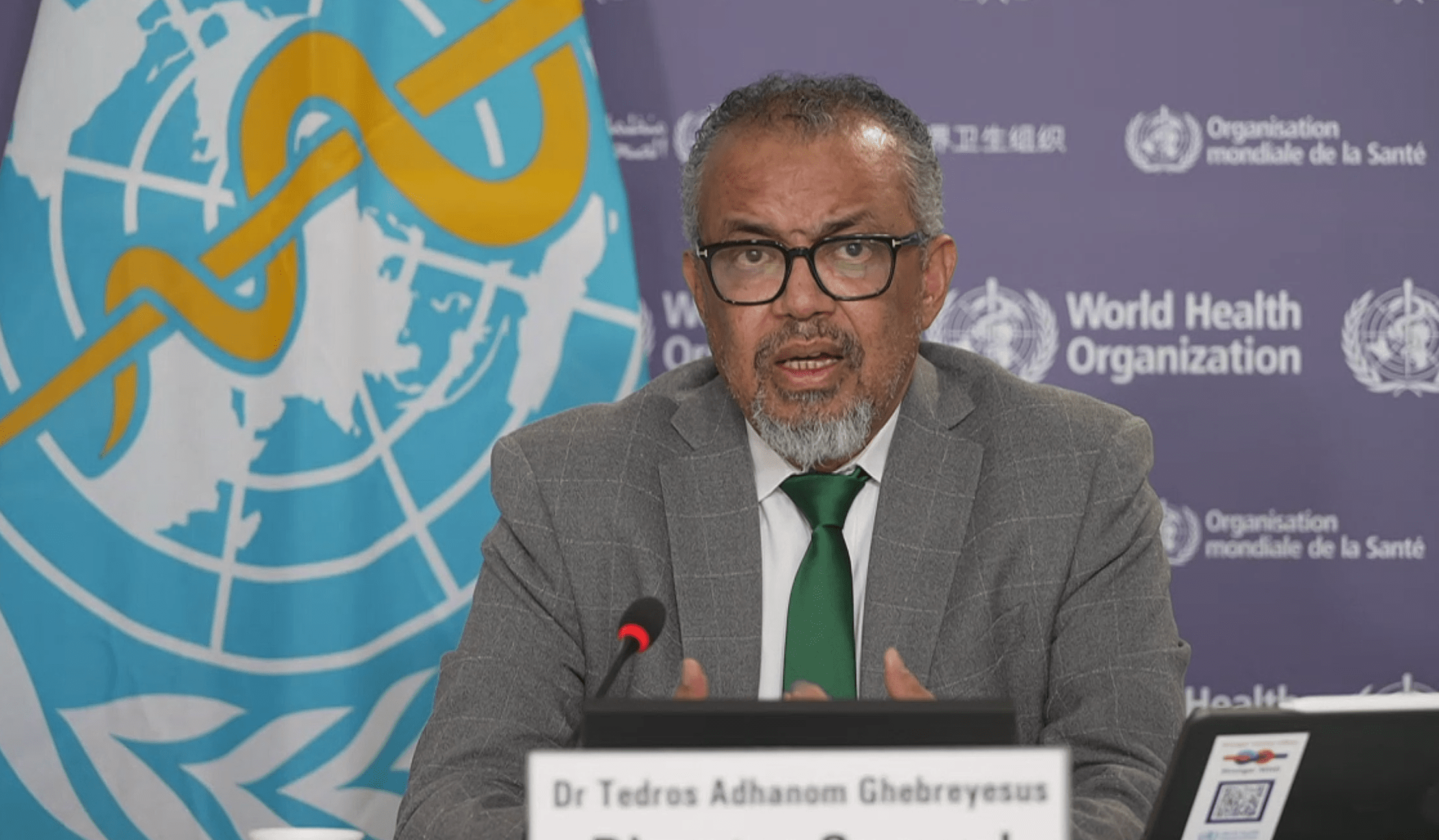Health Crisis Deepens: WHO-US Dialogue Stalls Amid Funding Fallout

Global health systems are facing unprecedented challenges as critical international aid undergoes dramatic cuts. The World Health Organization (WHO) has sounded the alarm, revealing that health services worldwide are experiencing severe disruptions due to significant reductions in funding from major donor countries, particularly the United States.
These sweeping aid cuts are threatening to undermine years of progress in global healthcare infrastructure, potentially leaving vulnerable populations without essential medical support. The WHO warns that the impact could be far-reaching, potentially compromising healthcare access for millions of people in developing regions.
The organization is now being forced to radically restructure its own operations, making difficult decisions about resource allocation and program sustainability. Health experts are expressing deep concern about the potential humanitarian consequences of these funding reductions, emphasizing the critical role that international aid plays in maintaining global health security.
As healthcare systems struggle to adapt to these challenging circumstances, the international community is being called upon to recognize the urgent need for sustained and reliable health funding across the globe.
